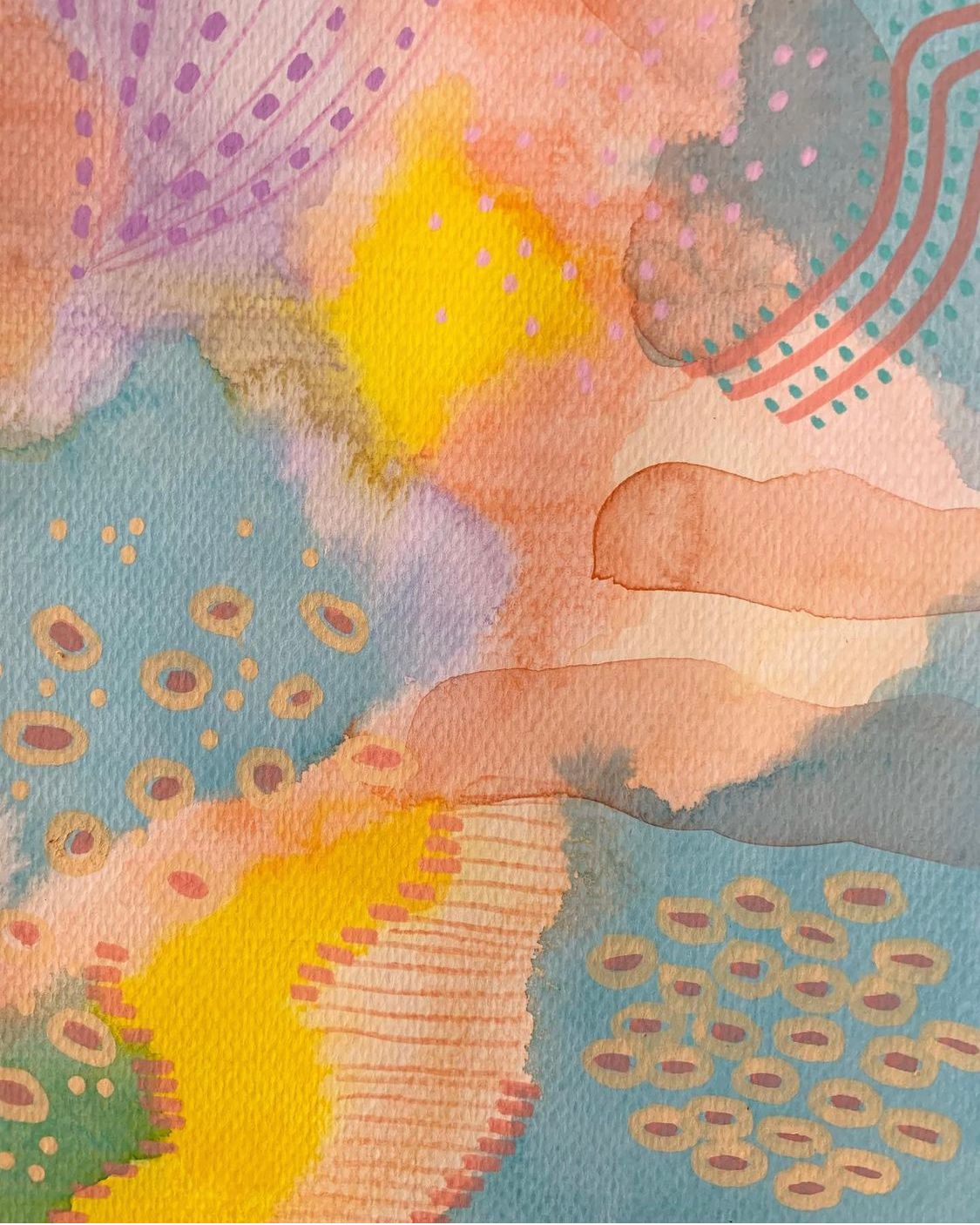Yesterday I learned that a new book by Elena Ferrante , a writer I like very much. The news is so fresh that I only found the title in Italian, I margini e il dettato. Conversazioni sul piacere di leggere e scrivere , which Google translates as "Margins and dictation, conversations about the pleasure of reading and writing." It is not a novel, but, it seems, the collection of four texts by Ferrante on the "adventure of writing". I'm already looking forward to its release here, even though I was looking forward to reading a new novel by the author.
In recent times, I have seen many, many books about reading and writing, from the most diverse authors, new and old books. I was thinking a lot about this, what is in this process of reading and writing, what is so interesting and complex about it that leads so many people to read and write about such a subject.
When we talk about literature, what are we talking about if not language, words? We are complex beings, we differ from other animals precisely because of language. As babies, inside our mothers' wombs, we are immersed in amniotic fluid, but also already immersed in language, being spoken by our parents and those around us; marked by the words they choose for us, so that afterwards - everything going well - we can choose our words ourselves.
It is then that we start to try to account for our complexity, of being an animal and also not being; to account for ourselves and reality with words, to encompass our ambiguities, whether by writing or reading. We try to concatenate ideas, to make room for what deep down has no name, we try to give meaning to what so often does not have.
Language holds this enormous contradiction, it is what allows us to talk about the world, to talk about life, to say about things. It gives us this precious possibility. But we are also alienated from it, almost unable to say what surpasses it, what is beyond or below it. I remember the idea of the "navel of the dream" brought by Freud in the Dream interpretation , that point around which the dream seems to revolve and which will always remain unspeakable, which will be plunged into darkness. No dream will ever be fully interpreted, there will always be something left unsaid.

Reading and writing. Reading to, who knows, (re)find, (re)discover our words, find ourselves in the words of the writer, the author. As Virginia Woolf says,
(...) the poets and novelists themselves, in their spontaneous formulations, often show an admirable pertinence; they illuminate and solidify the vague ideas that stumbled in the nebulous depths of our minds.
Writing to invent our words, to link them, to organize them in a certain order that makes sense to us, to write them in a way that achieves nuances that challenge (im)possible limits of language. The writer is all the time, as Woolf also reminds us, exposed to life, affected by everything he observes, from the most extraordinary event to the most ordinary banality, to, at the end of the day, convert and transform his prints into an "artistic fabric" .
Several times in his work, Freud dialogued with literature, starting from it to make formulations, investigations. He was aware that she had a lot to teach psychoanalysis, preceding it, pointing out ways to be investigated, revealing the complexity of the human soul. In 1907, he states:
(...) writers are valuable allies and their testimony should be highly regarded, for they know numerous things about heaven and earth, of which our philosophy does not even dream [here, he uses precisely a writer, Shakespeare, in Hamlet]. In the knowledge of the soul they are far ahead of us , everyday men, because they resort to sources that we have not yet made accessible to science.
Books and books will continue to be written by those who feel impelled, perhaps too instigated and bothered to rest while life remains unspoken. They will write because they simply cannot not write. Books and books will continue to be read, by those whose intimate lives are restless, agitated by an untiring curiosity, an anguish that is in itself nameless. They will read because they cannot not read. Writing and reading, inescapable doings.






